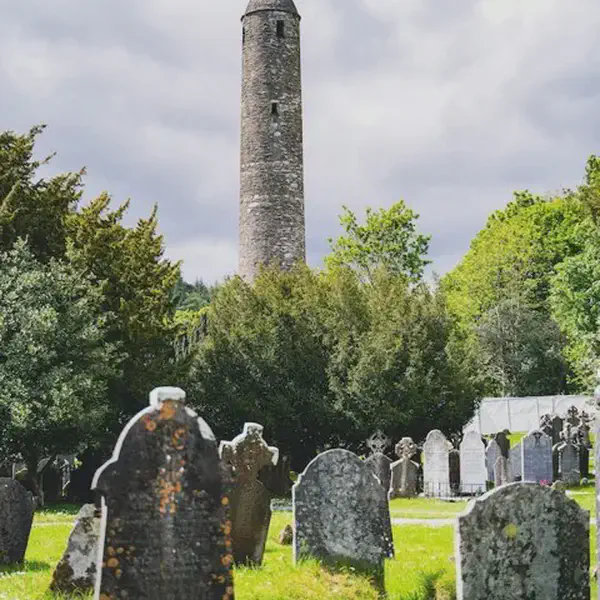
Battle of Marston Moor Victory
The Battle of Marston Moor was fought on 2 July 1644, during the Wars of the Three Kingdoms of 1639 – 1653.
scotland

Battle of Tippermuir
The Battle of Tippermuir (September 01, 1644) was the first battle James Graham, 1st Marquess of Montrose fought for the king during the Scottish Civil War.
scotland
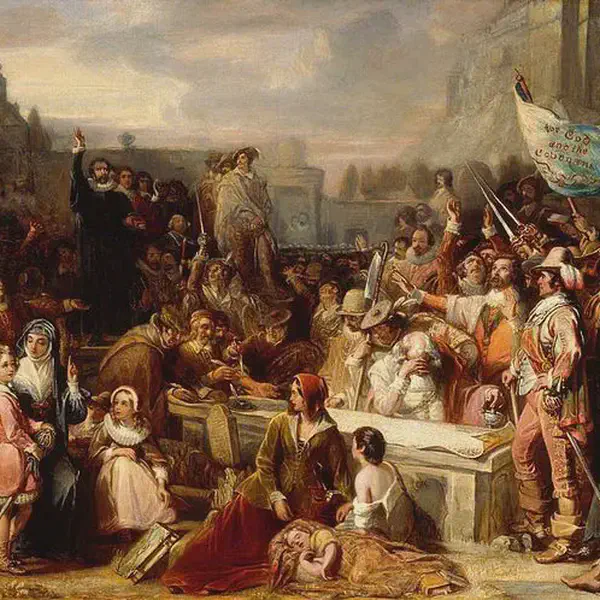
Second National Covenant signed in Greyfriars Churchyard
The Signing of the National Covenant in Greyfriars Kirkyard is an oil painting by William Allan (painter). It was painted in 1838 when he was the President of the Royal Scottish Academy and Master of the Trustee’s Academy.
scotland
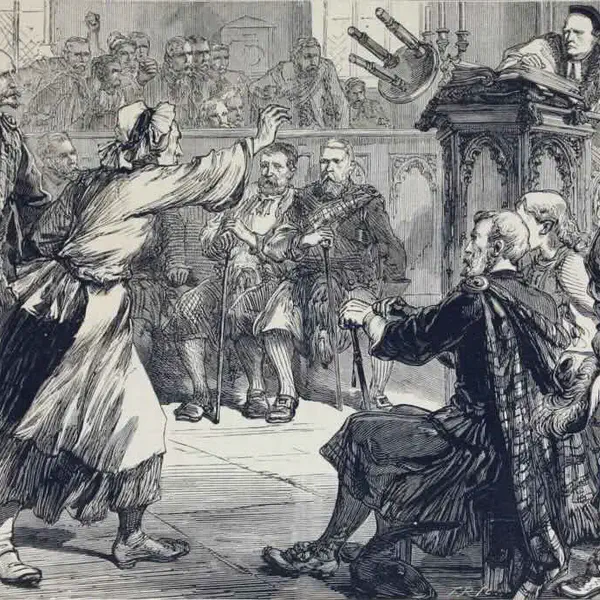
Presbyterian riot in St Giles
Janet “Jenny” Geddes (c. 1600 – c. 1660) was a Scottish market-trader in Edinburgh who is alleged to have thrown a stool at the head of the minister in St Giles’ Cathedral in objection to the first public use of the Church of Scotland’s 1637 edition of the Book of Common Prayer in Scotland.
scotland
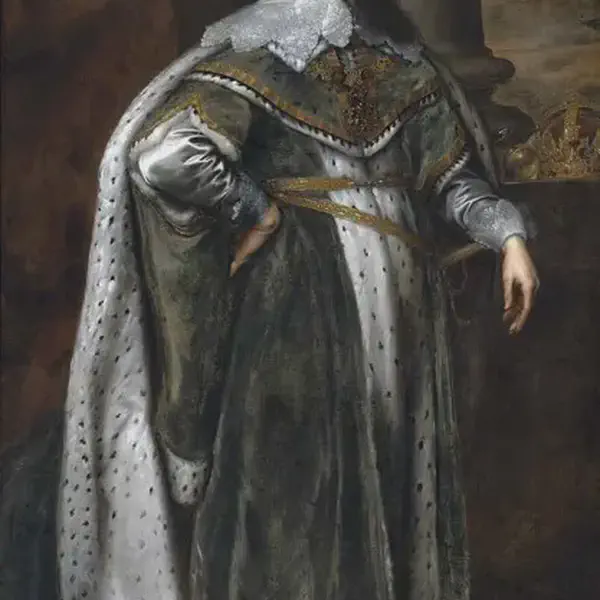
Sailing ship Blessing of Burntisland, sank
The Blessing of Burntisland was a wooden ferry that carried people and goods 5 miles (8 km) across the Firth of Forth, Scotland, between Burntisland and Leith in the early 17th century. It sank in 1633 carrying a large amount of royal treasure. The shipwreck has never been found.
scotland
Warrant issued by the Privy Council to Sir John Hepburn to raise a regiment of 1,200 men to fight in the French service.
In April 1633, Sir John Hepburn was granted a warrant by Charles I to recruit 1200 Scots for service with the French army in the 1618–1648 Thirty Years War. The nucleus came from Hepburn’s previous regiment, which fought with the Swedes from 1625 until August 1632, when Hepburn quarrelled with Gustavus Adolphus.
scotland
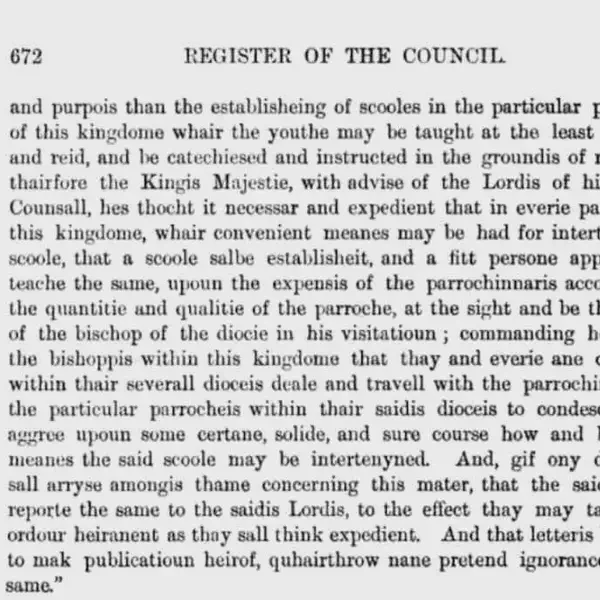
Scottish Privy Council Ordinance establishes parish schools and the abolition of Gaelic
In 1616 an act in Privy council commanded every parish to establish a school “where convenient means may be had”.
scotland
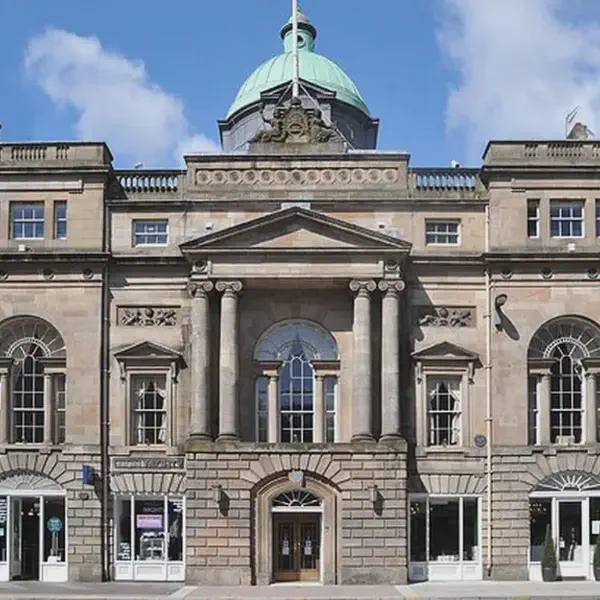
The Trades House of Glasgow was founded to represent the interests of the craftsmen
The Trades House of Glasgow is one of the oldest organizations in the city of Glasgow, Scotland, and it was indeed founded to represent the interests of craftsmen. The Trades House was established in 1605, and its primary purpose was to oversee and regulate the various craft guilds and trades within Glasgow.
scotland